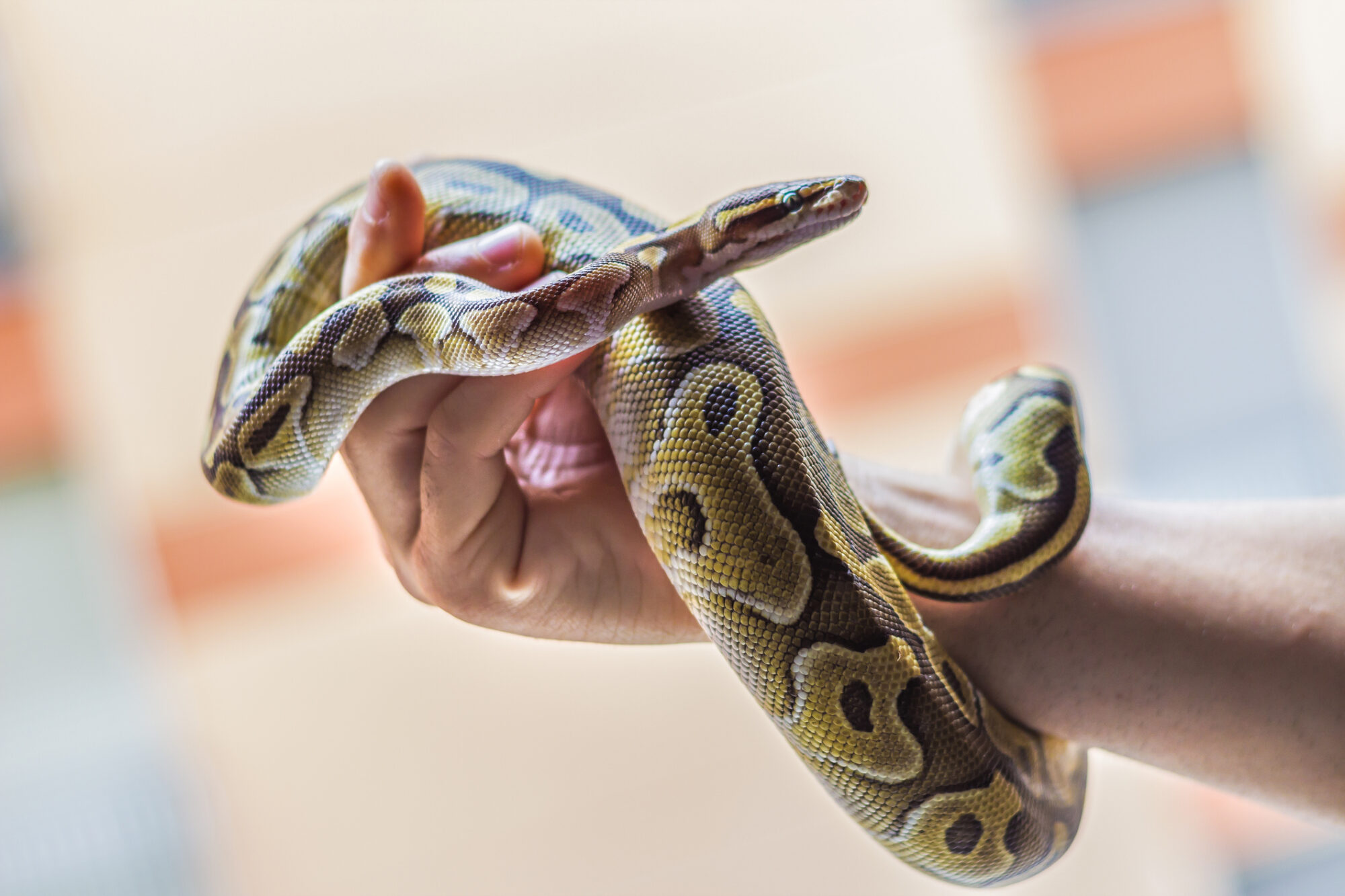Husbandry Care for Small Pet Reptiles

While the care of pet reptiles is often perceived as “easy” or not as “high maintenance” as, say, dog ownership, it is undoubtedly tricky until you get the hang of things. Regardless of the species, reptile husbandry, or the special care and handling required for these unique pets, is essential to the experience. Pet snakes, turtles and lizards have highly specialized needs, and in order to promote vitality and longevity, husbandry care is a high priority.
Lots of Planning and Prep
A thorough understanding of a pet’s needs is critical. If living conditions are not planned for, a pet reptile’s health and wellness could become vulnerable to disease, malnutrition, and debilitation.
How to Survive and Thrive
Small pet reptiles spend most of their lives inside their enclosure or terrarium. This means that constant care and consideration of their environment is of critical importance. You will not only impact their daily health and happiness, but a well-kept tank is an eye-catching feature of any room.
Basic qualities of a reptile enclosure include:
- It is large enough for them to freely move around in and grow to full-size
- It is free of cracks or chips
- There are interesting features, like hiding spots, perches, basking rock, digging areas, water holes, and safe plants
Heat, Humidity, Light
Reptiles are cold-blooded which means they cannot generate their own heat to stay warm. In the wild, reptiles can move to areas where they can easily find the sun. Captive reptiles need our help to maintain their temperature.
- Heat lamps can efficiently keep an area of the tank warm, but it is necessary to monitor how hot it gets inside the tank. Be sure there is an alternative, cooler place for your reptile to escape to when they’ve had enough heat.
- Heat mats can be placed below the tank’s substrate or on the top screen pointed downwards.
- Ultraviolet light helps pet reptiles with essential vitamin D levels.
- An LED light is helpful for other reptiles that don’t need UV light, including snakes and geckos.
Maintaining comfortable humidity levels is also critical to husbandry care for small pet reptiles.If your unique reptile requires extra humidity, mist their enclosure regularly, provide damp moss inside the tank, or simply add water to their habitat.
Other Components of Care
Wash and dry all the elements of their enclosure once a week, being sure that they are safely housed in the interim. Switch out substrate materials so you always have a fresh, clean, and dry one to replace the dirty one.
Providing interest in their diet is a wonderful way to keep a captive reptile engaged. Some pets enjoy live prey in addition to the well-balanced, species-specific diet. Our staff can help you find the right items they’ll love to eat.
At Texas Avian and Exotic Animal Hospital, we know how gratifying reptile ownership can be. To help owners achieve optimal health, we offer pet reptile and amphibian wellness exams.If you have questions about husbandry care for small pet reptiles, we are always happy to assist you at (817) 953-8560.

